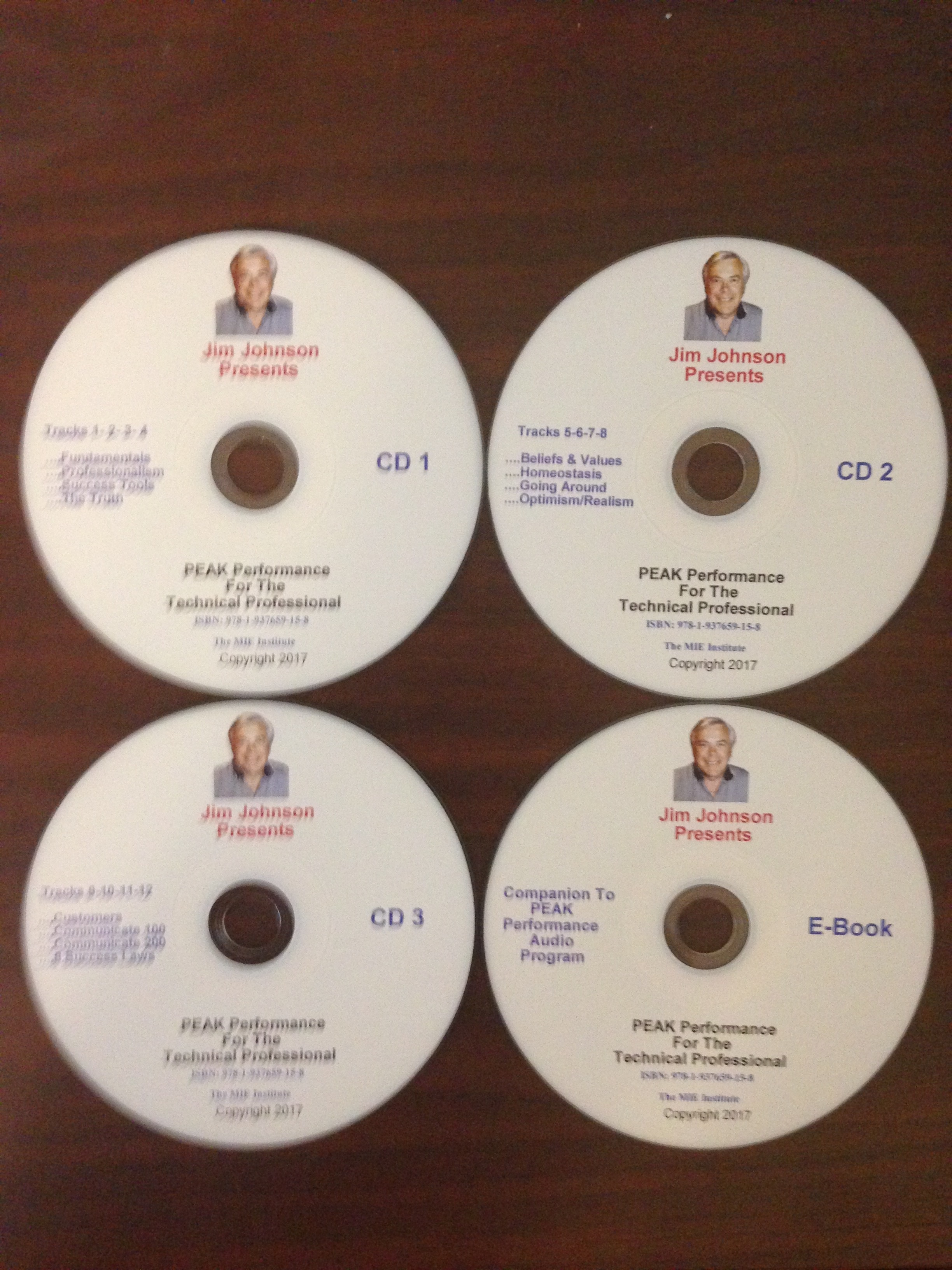The Appliance Standards and Rulemaking Federal Advisory Committee (ASRAC) has approved an agreement reached by manufacturers and energy efficiency advocates acting as part of a working group to set new energy efficiency standards for walk-in coolers and freezers (WICF). ASRAC will submit the recommendations to the U.S. Department of Energy (DOE) for adoption.
The Appliance Standards Awareness Project (ASAP), the Natural Resources Defense Council (NRDC), and several manufacturers that are members of the Air-Conditioning, Heating, and Refrigeration Institute (AHRI), joined other stakeholders in the negotiations.
The negotiated rulemaking was mandated in the settlement reached in July 2015 by the parties to a lawsuit filed against DOE by AHRI and others regarding DOE’s 2014 final rule setting standards for these products. The term sheet agreed to by the WICF Refrigeration Systems Working Group includes:
• Negotiated energy conservation standards for the six equipment classes under consideration, including two for multiplex condensing refrigeration systems at medium and low temperatures, and four for dedicated condensing refrigeration systems operating at low temperatures.
• Modifications to the definitions of refrigeration systems and defrost systems.
• Recommendations for future test procedure considerations.
“AHRI is pleased to see that, once again, a negotiated rulemaking process has proven to be a successful avenue for developing a rule that is both realistic and achievable, while setting the stage for significant energy savings,” said AHRI President and CEO Stephen Yurek. “We are hopeful that the Department of Energy will soon adopt this agreement as a rule for these products,” he said.
“Businesses like supermarkets and restaurants that use walk-in coolers and freezers will see lower electricity bills, while the new standards will deliver significant energy savings for the nation,” said Joanna Mauer, ASAP technical advocacy manager and a member of the working group.
“The success of this negotiated rulemaking means not only lower energy costs for the thousands of commercial businesses that use walk-in coolers and freezers, but also a substantial reduction in greenhouse gas emissions, which is just the action we need after the historic climate accord in Paris,” said Kit Kennedy, director of NRDC’s Energy and Transportation Program. “This type of collaboration between industry representatives and efficiency advocates results in an outcome that benefits businesses, manufacturers, and the environment.”
Working group members included the DOE, the NRDC, Traulsen/Kairak, Lennox International, CA Investor-Owned Utilities, Hussmann Corp., ebm-papst, Manitowoc Co., the Appliance Standards Awareness Project, the Air Conditioning Contractors of America, the Northwest Energy Efficiency Alliance, Rheem Manufacturing, and Emerson Climate Technologies.
For more information, visit ASAP at www.appliance-standards.org.








